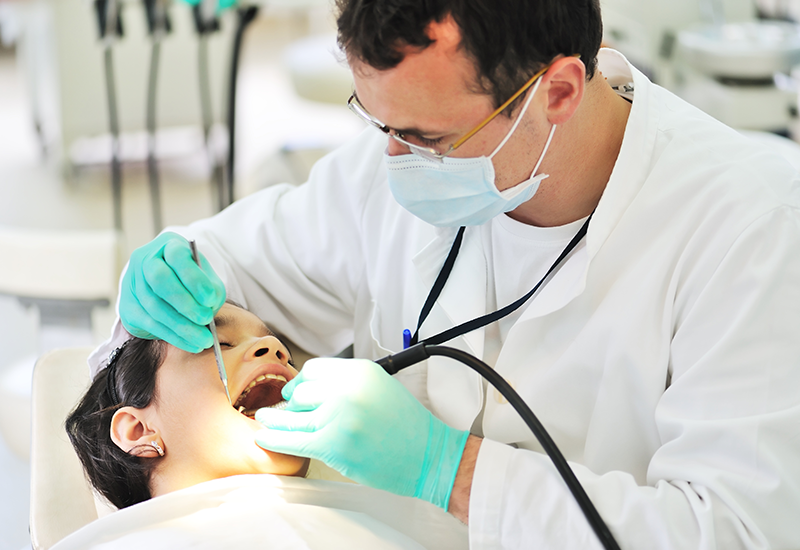The Regenerative Clinic has launched nSTRIDE Autologous Protein Injections to its portfolio of rejuvenating orthobiologic therapies.
The nSTRIDE protein injection uses protein taken from the patient’s own body to treat osteoarthritis and other degenerative or trauma related musculoskeletal injuries.
The treatment involves drawing blood from the patient’s arm, which is then processed using a centrifuge that separates the platelet-rich plasma (PRP). The centrifuge further processes into a concentrated liquid protein. This solution is then injected back into the patient’s knee.
‘Results to date with nSTRIDE are extremely impressive and we are proud to offer this very exciting treatment,’ said Simon Checkley, chief executive officer The Regenerative Clinic. ‘Our mission is to continue to help people who are in the pervasive pain of osteoarthritis.’
‘nSTRIDE is a viable, safe and with treatment times of only an hour; a rapid treatment choice to reduce pain and delay the need for surgery,’ he continued. ‘Our experienced team of 40 consultant surgeons and many more clinicians in six countries worldwide are dedicated to bringing people in pain the latest technologies in regenerative medicine.’
nSTRIDE will be available at the flagship clinic at the Queen Anne Hospital in London’s Harley Street Medical area from March 2020, and at regional clinics to follow. Patients will be assessed by an expert consultant in their specific pathology to ascertain suitability for treatment.
The Regenerative Clinic specialises in alternative orthopedic treatments including Lipogems, PRP injections and shockwave therapy.
The clinic added Activated Mesenchymal Pericyte Plasma injections to its portfolio of treatments in October.



 ©2024 All rights reserved LaingBuisson
©2024 All rights reserved LaingBuisson 


